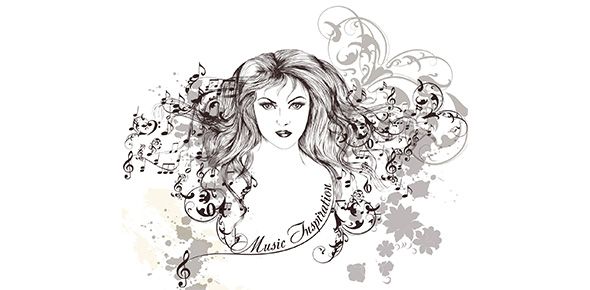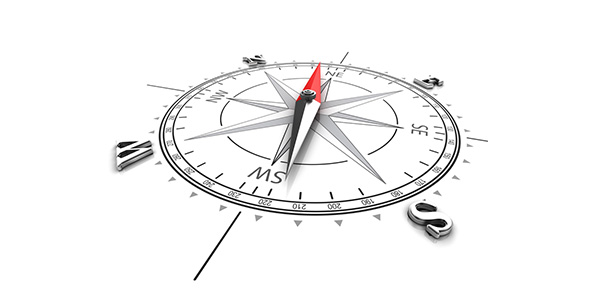Related Flashcards
Related Topics
Cards In This Set
| Front | Back |
|
Catherine The Great
|
1. Brought French Thinkers To Russian Court
2. Basically A Lot Of Glitz And No Reform
|
|
Copernicus
|
1.A Polish Mathematician And Astronomer
2.Challenged Ptolemy's View Of The Universe
3.Geocentric Theory
4.Earth Was The Center Of The Universe And The Sun And Planets Revolved Around It In Perfect Circles, he Used Math To prove Ptolemy Wrong On Two Points. 2. Earth Is not Stationary and turned on its axis once a day and 2. earth isnt the center of the universe. he argued that earth and planets revolved around the sun in perfect circles. his theories were partly correct, but he didnt have enough evidence to prove ptolemy wrong and many rejected his theory.
|
|
Enlightened Monarchs
|
Austria- Maria Theresa and joseph II
1 Passed laws to limit serfdom..2regulated unpaid work required of peasants..3.joseph abolished serfdom..4permitted freedom of press..5banned torture..6no religious perscution..7equal rights to jews..8limited power of the Catholic Church
|
|
William Harvey--Early 1600s
|
English
Studied Circulation Of Blood
|
|
Johannes Kepler
|
Assistant To Brahe Who Used His Information to Prove Copernicus' Theories.
Calculations Supported Heliocentric Theory, But That Plants Revolve To An Ellipse
|
|
John Locke
|
Contributed Heavily To Jefferson's Thought In The Declaration Of Independence.
people Are Reasonable And Will Cooperate With Eachother.
Rulers Remain In Power When They Have The Consent Of The Governed.
|
|
Montesquieu
|
The Spirit of The Laws
Admired English Government System
Gave It more Credit Than It Deserved
Americas Founding Fathers Read His Laws(madiason, jefferson,washington,franklin,etc.) Seperation of Powers(judicial, Legislative, Executive) System Of Checks And Balanced
|
|
Isaac Newton
|
English scientist. studied mathematics (1680s). provided mathematical proofs to what kepler and Galileo had observed. invented calculus to prove his theories. law of gravity. there is a force of attraction between objects that increase as objects move closer together. mathematically explains how the moons gravity causes tides. explains how the suns gravity creates orbits.
|
|
Rousseau
|
The Social Contract.
believed man was good, but society corrupted men.
"noble Savage" idea--could not return to this natural state.
social contract made with other citizens. believed in equality--no titles. people give up freedom in favor of the "general will"
|
|
Thomas Hobbes
|
Believed that people in a natural state were "brutish". people gave up a portion og their power and rights and entered into a contract to be governed. once they entered the contract they could not rebel. this supported the theory of an absolut monarch--or "King".
|
|
Galileo Galile
|
Italian who used a telescope to observe the planets and stars. Moon had a rough surface. jupiter had four moons. sun was imperfect(sunspots)
|
|
Tycho Brahe
|
Danish astonomer of the late 1500s. complied astronomical tables.
|
|
Voltaire
|
"i do not agree with what you say but i will defend to the death your right to say it". religious toleration. enlightened monarch.
|
|
Composers.
|
Johan Sebastian Bach(German. Taccota and Gugue in D minor) George Fredrick Handle (English. Messiah.) Franz Joseph Hayden (Suprise Symphony.) Wolfgang Amadeus Mozart (Child prodigy(composing before age of 6) Died at 35(composed over 600 musical works) Symphony 40 in G minor. The marrige of figaro. lots of opera)
|
|
Fredrick The Great
|
Ruled Prussia.
Same As Catherine The Great.
|






